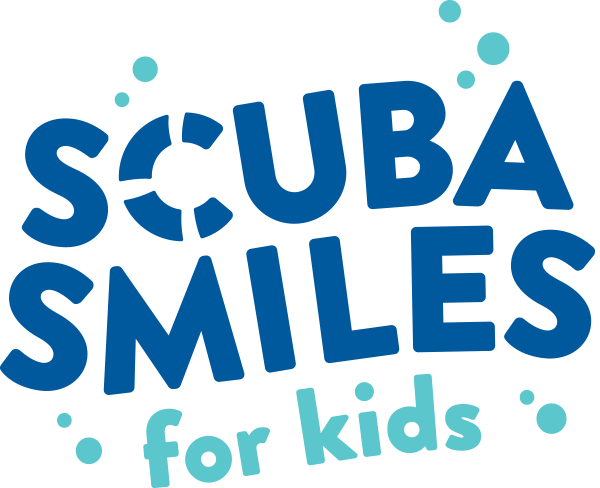A parent’s behavior affects their children in many ways physically, psychologically, and environmentally, but when it comes to the unhealthy teeth of your children a new study shows that your genetic makeup does not make your kids more prone to tooth decay. Researchers say the dietary and hygiene habits of your children are far more important. But first, it’s important to examine research history of tooth decay in children.
PREVIOUS STUDY ON GENES AND TOOTH DECAY
Researchers at the University of Pittsburgh School of Dental Medicine found that genes do indeed play a factor in tooth decay. Tooth decay occurs when the enamel breaks down. Sugar or other bacteria in the mouth can create an acid that attacks the enamel. As a result, a cavity or permanent damage such a hole can form in a tooth.
This particular study looked at 300 anonymous dental records and saliva samples from those patients. They found that variations of a gene called beta defensin 1 (DEFB1) affects how the body’s immune system responds against invading germs.
“It’s possible that these variations lead to differences in beta defensin’s ability to inhibit bacterial colonization,” said Dr. Vieira on Sciencedaily.com.
NEW STUDY ON GENETIC MAKEUP AND TOOTH DECAY
A new study published in Pediatrics however argues that genes are not a factor that impacts the health of your child’s teeth. Researchers in Australia examined the teeth of 173 sets of twins. Researchers studied the twins from pregnancy to the age of 6-years-old. They took into account the mother’s weight, any illnesses, medication taken, and alcohol or cigarette consumption during pregnancy.
“This is the first twin study that looks at both genetics and early life risk factors, such as illness and lifestyle,” said lead researcher Dr Mihiri Silva, from the Murdoch Children’s Research Institute to Sciencedaily.com.
They found that the twins had different degrees of tooth decay. One in three of the twins studied had dental decay and nearly one in four had advanced decay. Researchers said environmental factors played a big role. They found that one of the biggest causes of cavities was a lack of fluoride in water. Dr. Silva said another contributing factor was the link between the mother’s lifestyle during pregnancy and the dental health of her children. Children whose mother were obese were at a higher risk of developing tooth decay. It was unclear whether the increased risk was due to biological influence or from a greater access to sugary foods in a home.
TEACH EARLY BRUSHING HABITS
It’s crucial to teach children healthy oral habits at an early age. They will benefit from the lessons long-term. The American Dental Association recommends brushing your child’s teeth for them twice a day. For children younger than 3-years-old, you should brush their teeth with fluoride toothpaste that’s the size of a grain of rice.
“The big takeaway here is that tooth decay is preventable. You can even make brushing teeth a fun activity by doing it together,” suggested Dr. Lela Farmer, who heads up the pediatric dental practice at Scuba Smiles for Kids.
The American Dental Association has resources for parents to take part in fun activities with their kids to help them learn about brushing habits.



